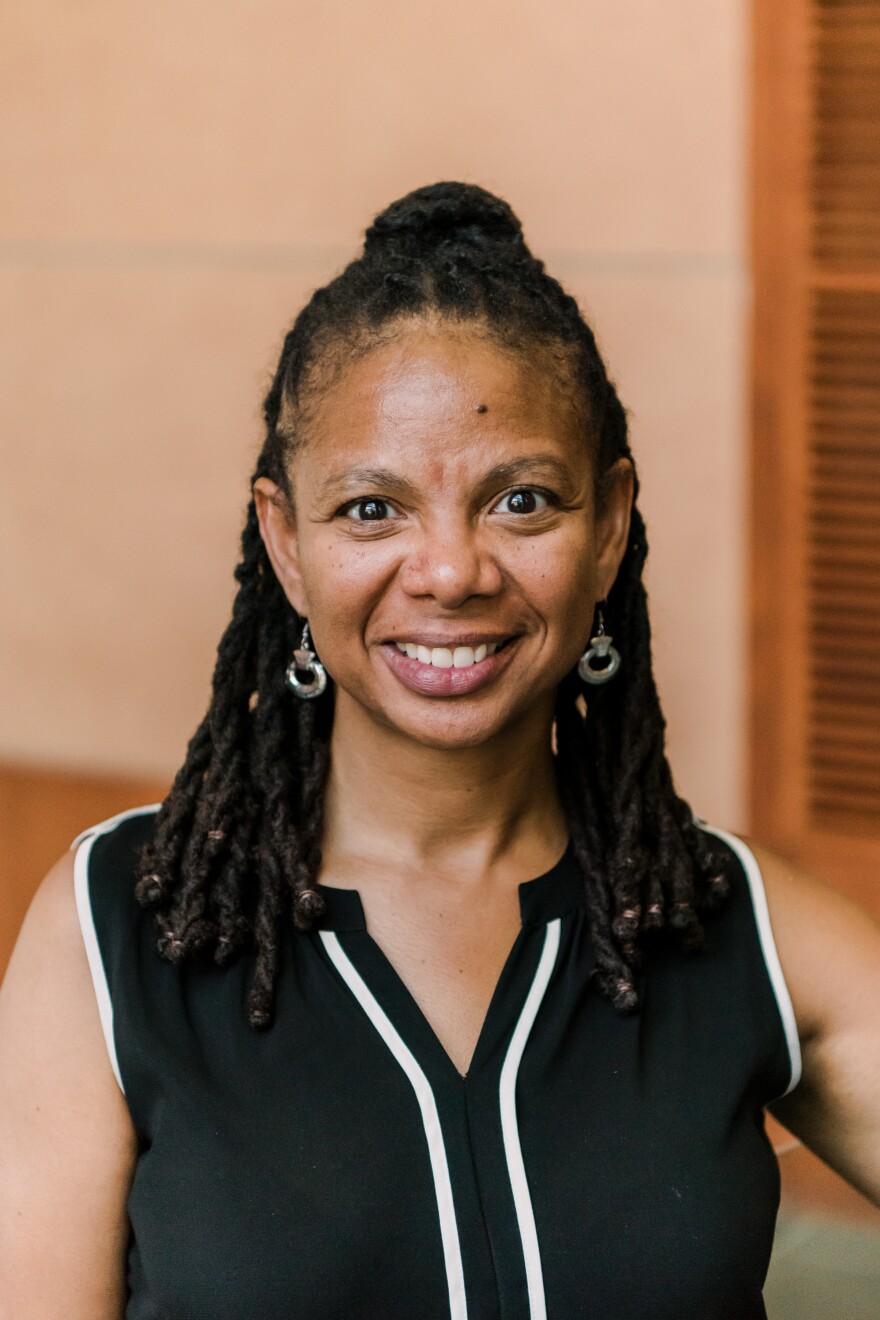The 1619 Project. When They See Us. Who Killed Malcolm X? All are recent works in media that shed light on the sordid aspects of American history. While thought-provoking and at times disturbing, these media programs also reveal to us that history as a discipline and a lived experience should never be considered static. In fact, it’s living.
Living because as we gain more knowledge as well as access to technology we learn more about historical events that shift the master narrative and offer us different interpretations of the role of African Americans in this history.
This is the time to learn about black history, not because it’s the month of February, but also because through the efforts of these films and documentaries and that of initiatives by The Innocence Project, we are now given an opportunity to wrestle with history instead of simply digest it. We can grapple with those difficult periods of our history, not to rewrite, but to nuance them in hopes of impacting change.
These media works did just that. We now have a greater understanding of the complexities of chattel slavery and we find ourselves reconsidering the murder of a civil rights leader. It is indeed an interesting time to educate ourselves about black history. May the stories shared with our children be filled with the strength, pride, redemption, and triumph that these historical figures exhibited.
Dr. Kimberly Moffitt is Associate Professor and Chair of the Language, Literacy, and Culture Doctoral Program at UMBC


